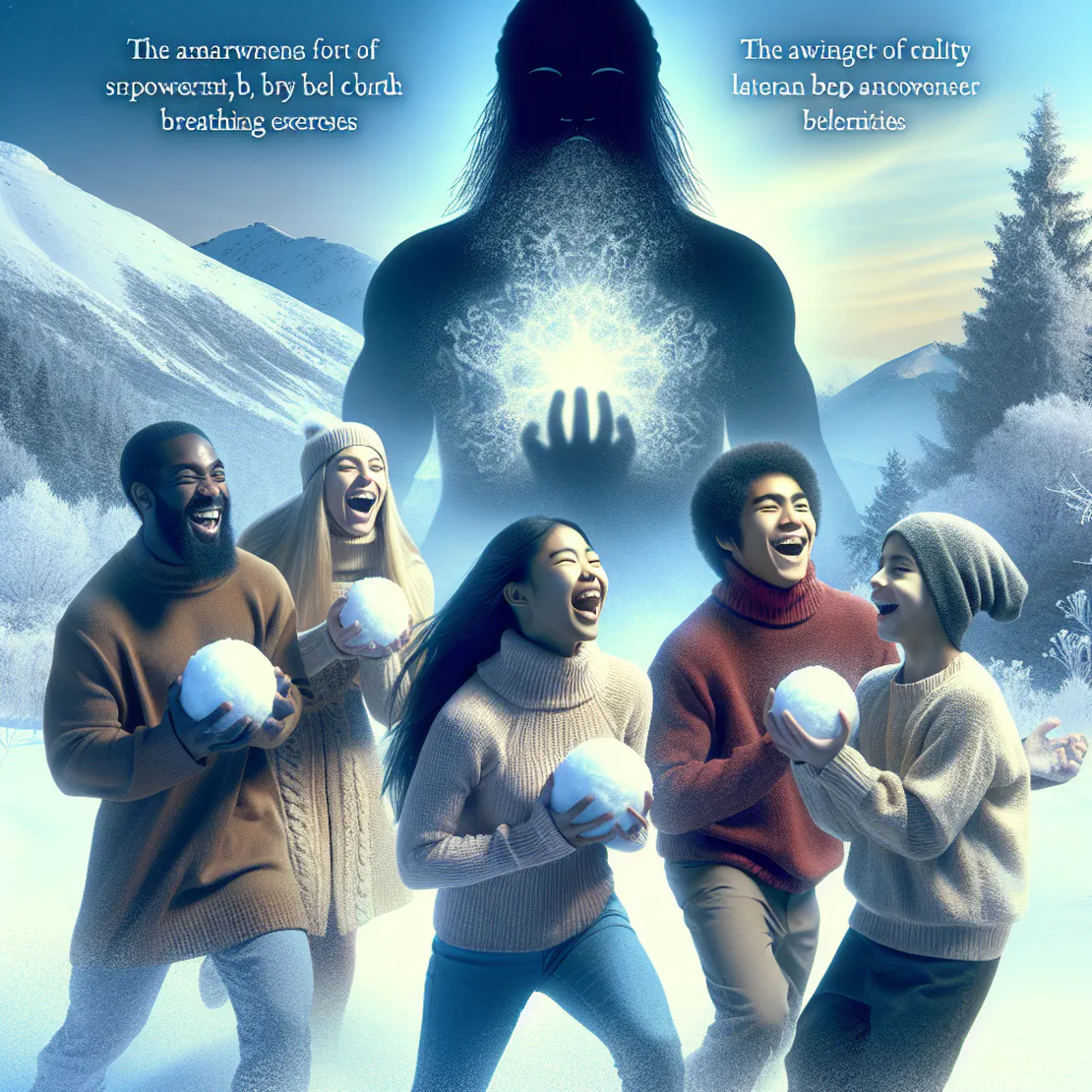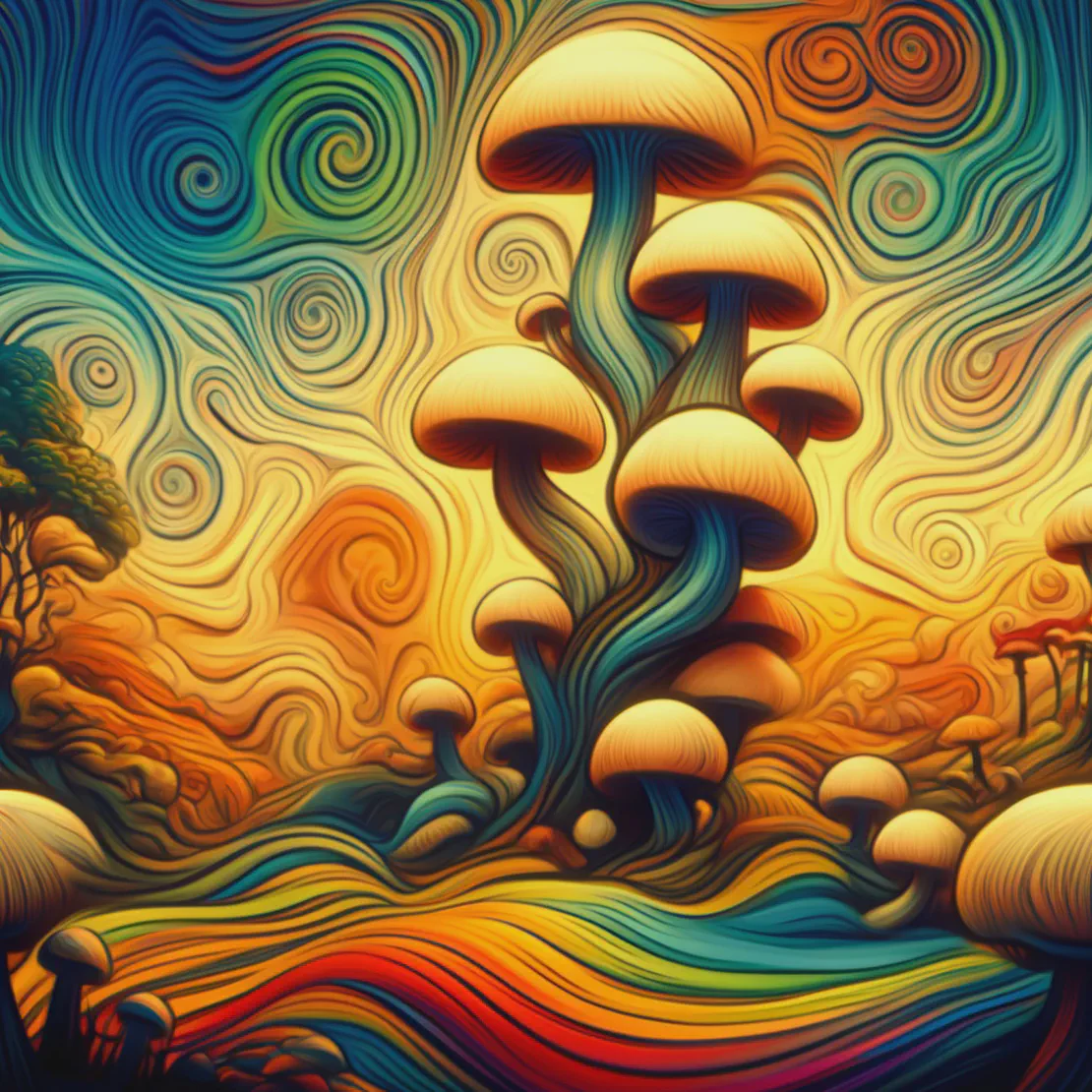
#2183 - Norman Ohler
- The Joe Rogan Experience
- History
- August 1, 2024
Table of Contents
At a Glance
-
Importance of Podcasts: “I think there’s a hunger for honest discourse and real conversations with people that exists everywhere and I think that’s why podcasts are exploding.” This highlights the growing popularity and impact of podcasts in providing authentic conversations and discussions.
-
Impact of LSD on JFK: “Maybe JFK was eventually killed because he took LSD and changed his mind.” This point raises intriguing theories about the potential influence of LSD on political decisions and outcomes.
-
Nazi Use of Drugs: “The Nazis were the first ones to understand that methamphetamine can change the war effort.” This sheds light on the historical significance of drug use in warfare and its impact on military strategies.
-
Transition from Fiction to Non-Fiction Writing: “I started out writing three novels and then suddenly I became a non-fiction writer.” This showcases the author’s journey and transition from writing fiction to delving into historical research and writing non-fiction books.
What to Do
-
Set intentions before engaging in psychedelic experiences: Setting intentions can help guide the experience and ensure it is meaningful and beneficial.
-
Open societies to psychedelic research and use: By allowing research and use of psychedelics, societies can potentially benefit from the therapeutic effects and cultural flourishing.
-
Create structured and responsible psychedelic experiences: Establishing a structured and responsible approach to psychedelic use can help prevent negative outcomes and maximize the potential benefits.
-
Seek legitimate shamans or guides for psychedelic experiences: Working with experienced and responsible individuals can enhance the safety and effectiveness of psychedelic journeys.
-
Encourage objective analysis and research on psychedelics: By promoting unbiased research and analysis, society can gain a better understanding of the potential benefits and risks associated with psychedelics.
What to Get
-
Tripped: Nazi Germany, the CIA, and the Dawn of the Psychedelic Age by Norman Ohler - Amazon
-
The Bohemians: The Lovers Who Led Germany’s Resistance Against the Nazis* by Norman Ohler
Summary
In episode #2183 of The Joe Rogan Experience, author and screenwriter Norman Ohler discusses his books “Blitzed: Drugs in Nazi Germany” and “Tripped: Nazi Germany, The CIA and the Dawn of the Psychedelic Age.” Ohler delves into the use of methamphetamine by the Nazis during World War II, highlighting Hitler’s consumption and the impact it had on the war effort. He also explores the connection between LSD and influential figures like President John F. Kennedy, suggesting that LSD may have played a role in shifting Kennedy’s perspective on the arms race. Ohler’s research uncovers intriguing details about historical figures and their potential interactions with mind-altering substances.
One particularly fascinating point discussed in the episode is the influence of LSD on JFK’s peace speech at the American University, where he adopted a more pacifist stance contrary to his previous hawkish views. This shift in rhetoric raises questions about the potential impact of psychedelic experiences on political decision-making. Additionally, Ohler touches on the mysterious circumstances surrounding the deaths of both JFK and Mary Pinchot, a woman who allegedly introduced Kennedy to LSD. The episode delves into conspiracy theories and the idea that psychedelic substances may have played a role in shaping historical events.
Overall, the conversation between Joe Rogan and Norman Ohler provides a thought-provoking exploration of the intersection between drugs, politics, and history. Ohler’s insights into the use of drugs in Nazi Germany and their potential influence on key figures like JFK offer a unique perspective on the complexities of human behavior and decision-making. The episode serves as a reminder of the intricate connections between personal experiences, societal norms, and political outcomes, inviting listeners to consider the impact of external influences on historical events.


